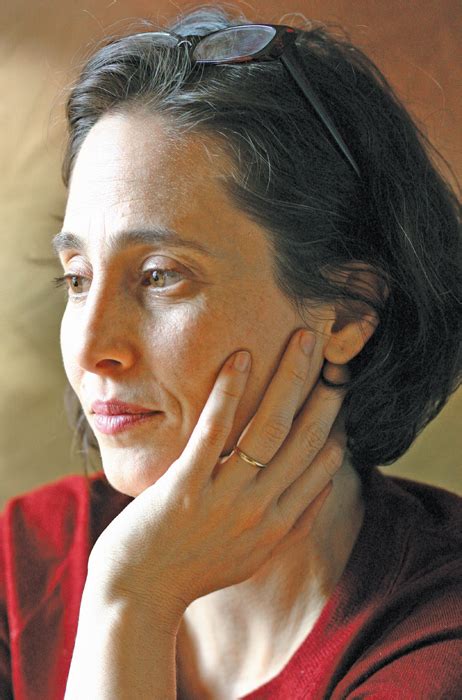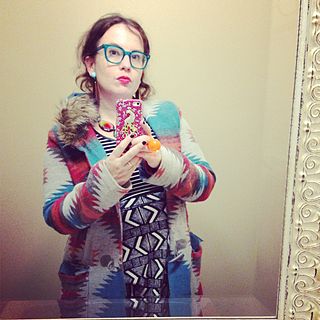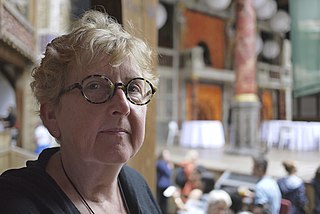A Quote by Rachel Zucker
Lizzie Harris's Stop Wanting is an unflinching book about a girlhood filled with violence, doubt, vulnerability, and loss. These gorgeously crafted and hauntingly memorable poems are a bleak place full of life, prayer, and the kind of answers only poems like these can provide.
Related Quotes
With ferocity and extraordinary craft, Lizzie Harris has made a book of poems that resonates far beyond the personal stories it tells. Stop Wanting reveals, in every lyric, its author's profound metaphorical gifts. In its ironies and intensities, it brings to mind a writer like the young Sylvia Plath, though what is startling about Harris' s work is the way it combines those gifts with a muted, deft self-awareness. Most of all, these are wonderfully shaped, powerful, and surprising poems-a startling debut.
If you can find two poems in a book, it could be a pretty good book for you. You know, two poems you really like. There are some poets who are fairly big names in contemporary poetry and who write a book and I might like three or four poems in the book, but the rest of them don't appeal to me personally; but I think that's the way it really ought to be. I think it's really a rare thing to like everything that somebody has written.
It's true, there aren't many explicit references to Canada in my book. And not many explicit references to the U.S., either. I try to fill my poems with enough real, observed detail that the poems create a believable world - but I don't write poems for the sake of telling my own story. My life is not important or interesting enough to warrant that kind of documentary. Instead I try to use my experience as a way of understanding situations that are common to many people. I want readers to project their own lives onto my poems.
Emily Kendal Frey's The Grief Performance is a book that condenses a journey of finding and re-finding loss into beautiful packages. The packages are the poems and they sit shiny and new on every page of this fabulous and generous book. I want to go into the world that these poems create, just so that I can be given these terrifying presents again and again. I know you will, too. See you there.
When Emily Dickinson's poems were published in the 1890s, they were a best-seller; the first book of her poems went through eleven editions of a print run of about 400. So the first print run out of Boston for a first book of poems was 400 for a country that had fifty million people in it. Now a first print run for a first book is maybe 2,000? So that's a five-time increase in the expectation of readership. Probably the audience is almost exactly the same size as it was in 1900, if you just took that one example.







































